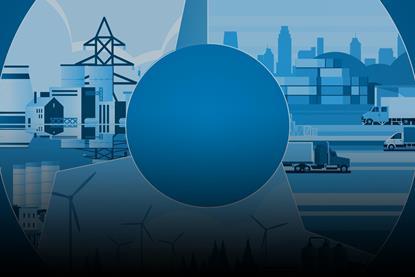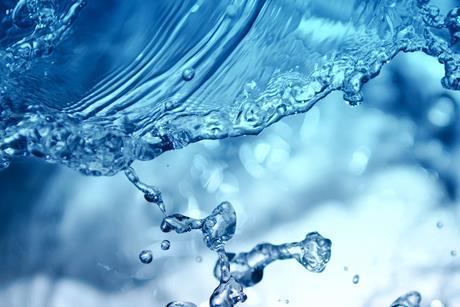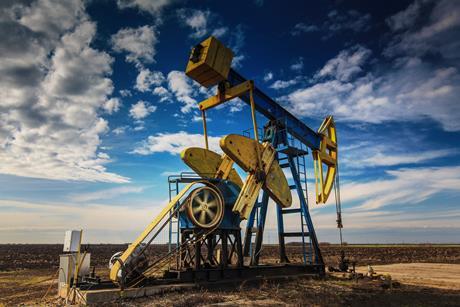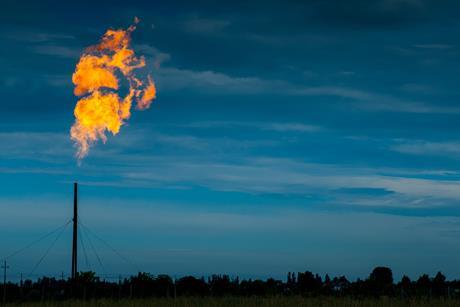Close menu
- Home
- About us
- Signatories
- News & events
-
Investment tools
- Back to parent navigation item
- Investment tools
- Introductory guides to responsible investment
- Principles to Practice
- Investment case database
- Stewardship
- Listed equity
- Fixed income
- Private markets
- Hedge funds
- Investing for nature: Resource hub
- Investing for climate: Resource hub
- Asset owner resources
-
Sustainability issues
- Back to parent navigation item
- Sustainability issues
-
Environmental, social and governance issues
- Back to parent navigation item
- Environmental, social and governance issues
- Environmental issues
-
Social issues
- Back to parent navigation item
- Social issues
- Social issues - case studies
- Social issues - podcasts
- Social issues - webinars
- Social issues - blogs
- Cobalt and the extractives industry
- Clothing and Apparel Supply Chain
- Human rights
- Human rights - case studies
- Modern slavery and labour rights
- Covid-19
- Just transition
- Governance issues
- Climate change
- Sustainability initiatives
- Sustainability outcomes
- Sustainable markets
- Research
- Policy
Environmental issues
- Quick links
The PRI supports investors seeking to address a range of environmental issues with companies in their portfolios. Key topics include sustainable commodities, deforestation, biodiversity and the circular economy.
-
Nature
Nature provides essential services – such as food, clean air and energy – that we all rely on. For investors, the ability to optimise risk-adjusted returns to end-clients and beneficiaries both depends on and impacts nature.
-
Circular economy
A circular economy is a model of production and consumption that tackles global challenges, such as climate change, biodiversity loss, waste, and pollution. The PRI has so far engaged investors on this topic in the context of plastics but is further exploring other value chains to tackle.
Water
Water is a finite and shared resource. As well as being a basic human right and fundamental to healthy ecosystems, water is vital to the functioning of the global economy.
Fracking
The production of oil and gas via hydraulic fracturing (fracking) remains important and yet can be viewed as a contentious method in some regions, with community controversies, bans and moratoria in different areas.
Methane
Methane, the primary component of natural gas, is a climate pollutant 84 times more powerful than carbon dioxide (CO2) over a 20-year period, and it is responsible for 25% of the global warming we are experiencing today.
- The PRI is an investor initiative in partnership with UNEP Finance Initiative and UN Global Compact.

- PRI Association, 1st Floor 20 Wood Street, London EC2V 7AF United Kingdom
- Company no: 7207947
- +44 (0)20 3714 3141
- [email protected]
-
PRI DISCLAIMER
This website and material herein is provided for information only. It is not intended to be investment, legal, tax or other advice, nor is it intended to be relied upon in making an investment or other decision. PRI Association is not responsible for any decision made or action taken based on information on this website. Visitors retain sole discretion over whether and how to use the information contained herein. PRI Association is not responsible for and does not endorse third parties featured on this website or any third party content, websites, or other resources that may be included or referenced herein. Unless otherwise stated, content does not necessarily represent the views of signatories to the Principles for Responsible Investment. All information is provided “as-is” with no guarantee of completeness, accuracy or timeliness, or of the results obtained from the use of this information, and without warranty of any kind, expressed or implied. PRI Association is committed to compliance with all applicable laws. Copyright © PRI Association 2025. All rights reserved. This content may not be reproduced, or used for any other purpose, without the prior written consent of PRI Association.
Site powered by Webvision Cloud






